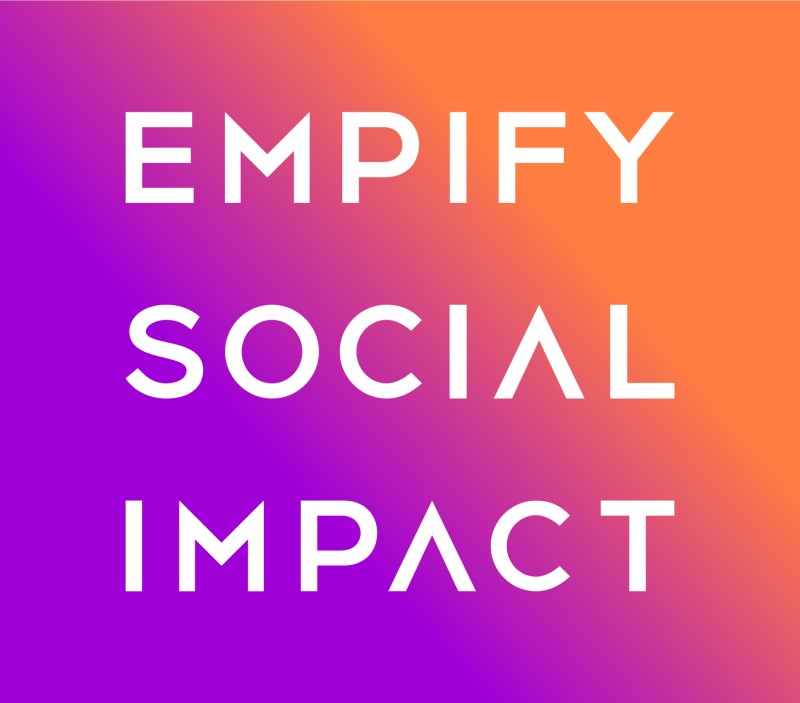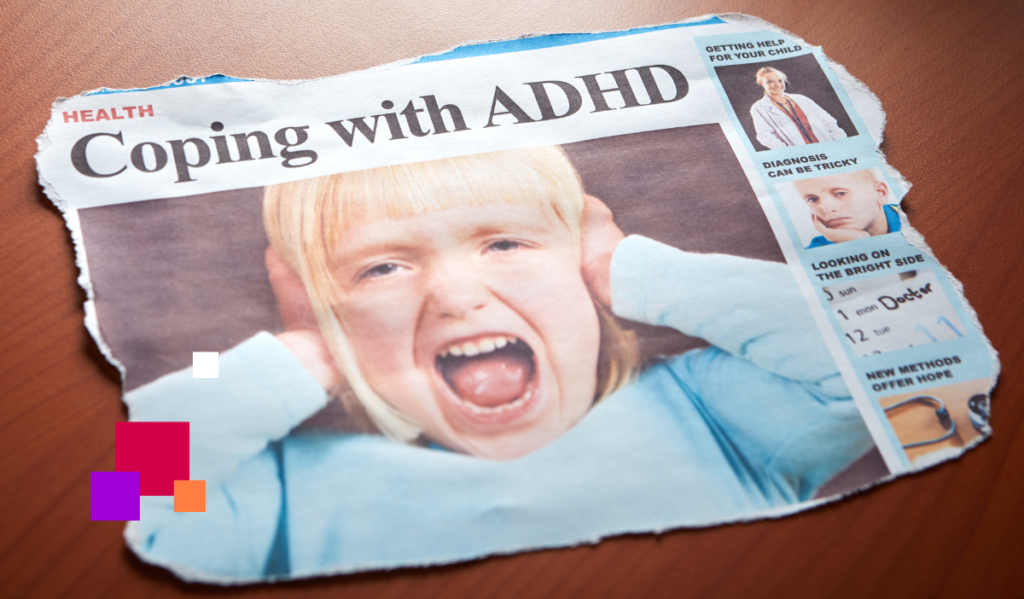The latest study published by the Institute Of Neurodiversity (ION), conducted by Swedish scientists specializing in ADHD, offers a fascinating insight into various narratives surrounding ADHD.
The study identifies three main ways of understanding ADHD, which have significant implications for how we approach the diagnosis and treatment of this disorder.
ADHD as a Social Construct
The first narrative presents ADHD as a social construct, a product of the general process of medicalization or pharmacologization of society. In this view, ADHD largely results from changes in educational systems and cultural norms that define what is considered normal behavior. This perspective suggests that ADHD may be a response to social and educational pressure, rather than solely a medical disorder.
ADHD as a Neurodevelopmental Deficit
The second narrative views ADHD as a neurodevelopmental deficit, where ADHD is defined as a set of cognitive deficits located within the individual, requiring biomedical and behavioral interventions. Within this approach, ADHD is treated as a problem to be solved through therapy and medication. This narrative emphasizes the individual difficulties associated with ADHD and the need to address them to improve the person’s functioning.
ADHD as a Cluster of Cognitive Differences
Contrary to the previous narratives, the third perspective views ADHD as a cluster of cognitive differences rather than deficits. According to the neurodiversity paradigm, ADHD is seen as a set of unique cognitive traits that can include both challenges and strengths. This narrative depathologizes ADHD, recognizing individuals with ADHD as active participants shaping their own lives, rather than merely patients needing treatment. The authors emphasize that people with ADHD may have exceptional abilities and perspectives that are valuable and should be appreciated.
The Importance of Narratives
Choosing the appropriate narrative is crucial for reducing the risk of stigmatizing individuals with ADHD. A deficit-based narrative can lead to marginalization and stigmatization, while a narrative based on cognitive differences can promote acceptance and integration. Recognizing ADHD as part of neurodiversity can improve the overall mental and emotional well-being of individuals with ADHD, creating a more supportive and understanding environment.
In Poland, the first and third narratives dominate. Personally, I lean towards the neurodiversity paradigm, which not only avoids stigmatization but also has the potential for important education. Writing about deficits or risks—regardless of the issue—often aims to attract attention but can also lead to the stigmatization of a broad social group affected by the problem.
Summary
Narratives about ADHD significantly impact how we perceive and treat this disorder. The study conducted by ION shows that the choice of narrative can shape not only social perceptions of ADHD but also the experiences of individuals with ADHD. By choosing a narrative that depathologizes and recognizes cognitive differences, we can create a more supportive and inclusive society.
🔗 About the study: Intensity and Variable Attention: Counter Narrating ADHD, from ADHD Deficits to ADHD Difference | The British Journal of Social Work | Oxford Academic (oup.com)

